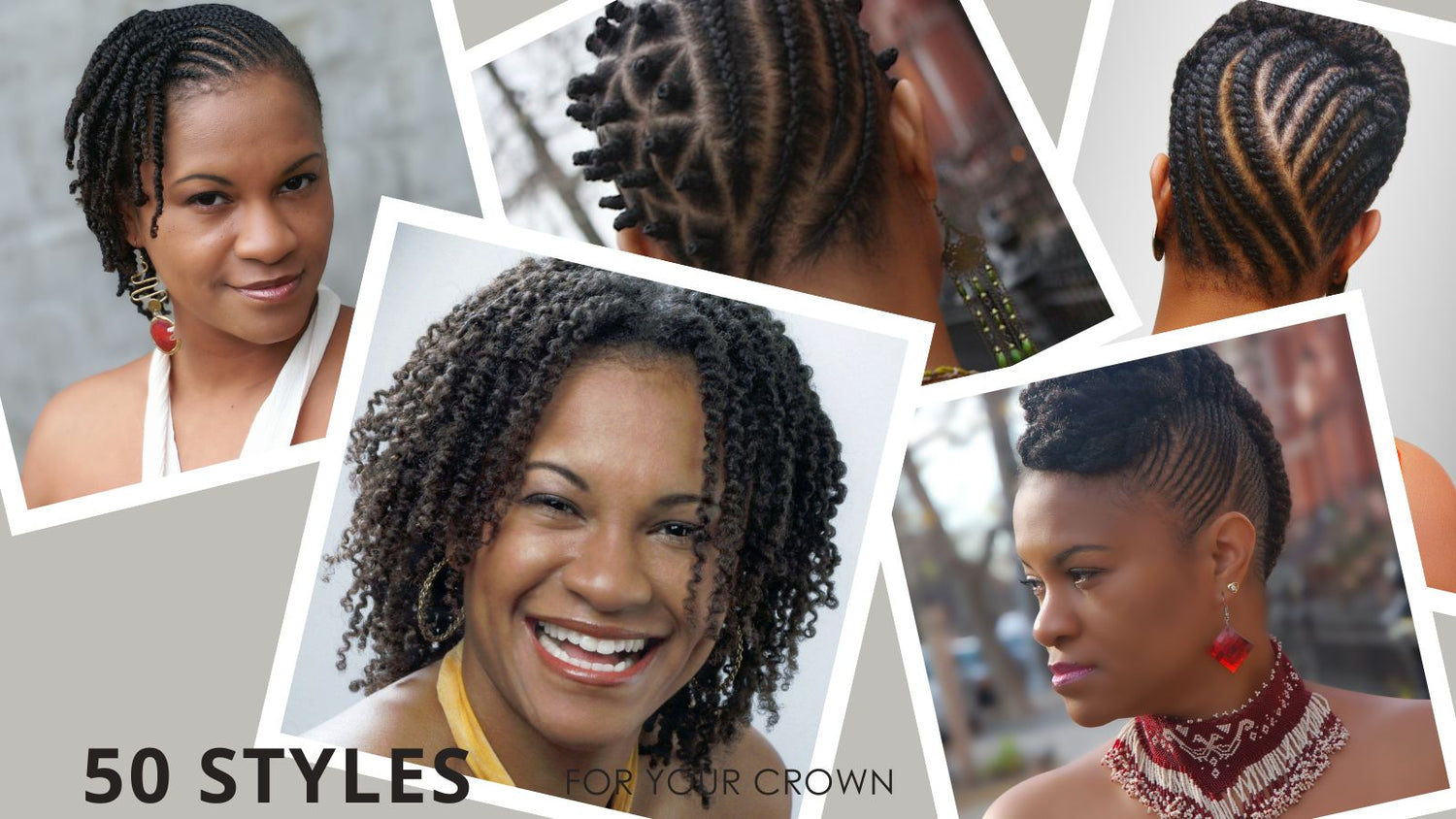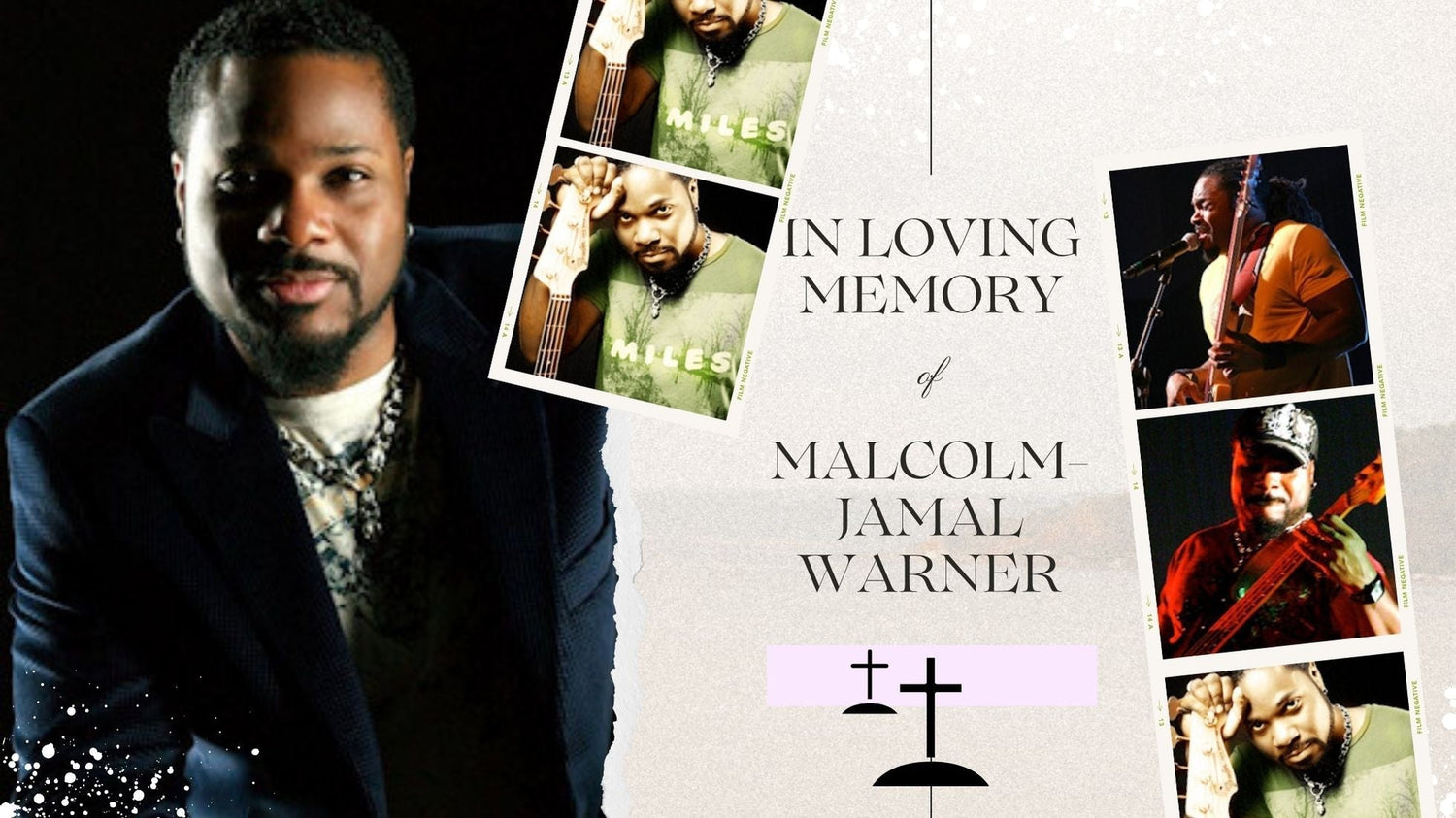TikTok Sensation Kerry shares his 13 year long Journey of Growing Locs
What happens when a simple decision changes the course of your life? For Kerry, it all started with something as straightforward as deciding not to cut his hair. What he didn’t expect was that this choice would lead him on a journey of growth—both personal and professional. In our recent conversation, Kerry shared the highs and lows of locing his hair, reflecting on how what began as a practical choice to save money evolved into a powerful form of self-expression.
Locing hair has long been a symbol of identity, self-expression, and culture, particularly in the Afro-Caribbean community. For many, it’s more than a hairstyle; it’s a statement of authenticity and resilience.
The Decision to Loc
Kerry first decided to loc his hair in 2011—not out of a profound desire for self-expression at first, but simply because his hair was growing too fast. Keeping up with constant trips to the barber became a financial burden. “I couldn't keep up with paying the barber every week to try to cut my hair,” Kerry explained, so he decided to let it grow naturally, unsure of what the future would hold.
Surprisingly, this simple decision became the start of a 13-year journey with loc hair. What began as a way to save money transformed into an evolving relationship with their natural beauty and identity.
Maintenance: Minimal Yet Meaningful
When asked about the cost of maintaining locs, Kerry admitted that it’s not as frequent an expense as many might expect. "I don't loc my hair that much. I just leave it most of the time," they shared. For Kerry, locing is not an everyday affair but something they do for special occasions, like their birthday in March. In fact, they only visit a stylist two or three times a year. This hands-off approach adds to the organic nature of their hair journey, allowing their locs to grow and thrive with minimal intervention.

Kerry is currently testing out the Loc basin and the Scalp Roller. Follow Kerry on Instagram or TikTok.
Navigating Societal Perceptions
Of course, the journey of locing hair isn’t just about personal preference. It’s also about navigating societal views and workplace challenges. Kerry described his experience as “50-50,” where, in some cases, they faced resistance to their locs in the workplace. “Some jobs don’t want locs on the job site,” they said, noting that companies sometimes see long hair as a hazard.
Kerry’s previous job as a helicopter landing officer presented a unique challenge. The strong force from the helicopters would cause their hair to rise despite efforts to tie it down. Ultimately, this difficulty played a role in Kerry’s decision to leave the job.
The Bigger Picture
While locing hair can be a deeply personal choice, it also connects to broader issues like discrimination and cultural acceptance. Kerry was fortunate to not have faced major instances of racism or hair discrimination in the U.S., but he acknowledged that societal attitudes toward loc hair can vary depending on the location and context.
A Journey Worth Embracing
Locs are not just about hair—they’re about identity, freedom, and the stories they carry. For some, they represent a defiant act of self-love in the face of societal norms. For others, like Kerry, they mark the natural progression of embracing who they are, one year and one loc at a time.
Kerry’s journey highlights the beauty of Afro hairstyles and the unique stories that come with them. Whether it’s overcoming workplace challenges or finding freedom in a new career, the decision to loc hair becomes a lifelong narrative of personal growth and empowerment.
If you want to see Kerry live, join us at the "Bad Hair Uprooted" exhibition on October 10th. Let’s continue the conversation together.
Your loc journey continues to be a beautiful, living testament to the power of staying true to yourself.
If you value this blog and you want to support, please consider downloading BAD Hair Uprooted, the Untold History of Black Follicles. and become part of the movement for equal hair rights.





